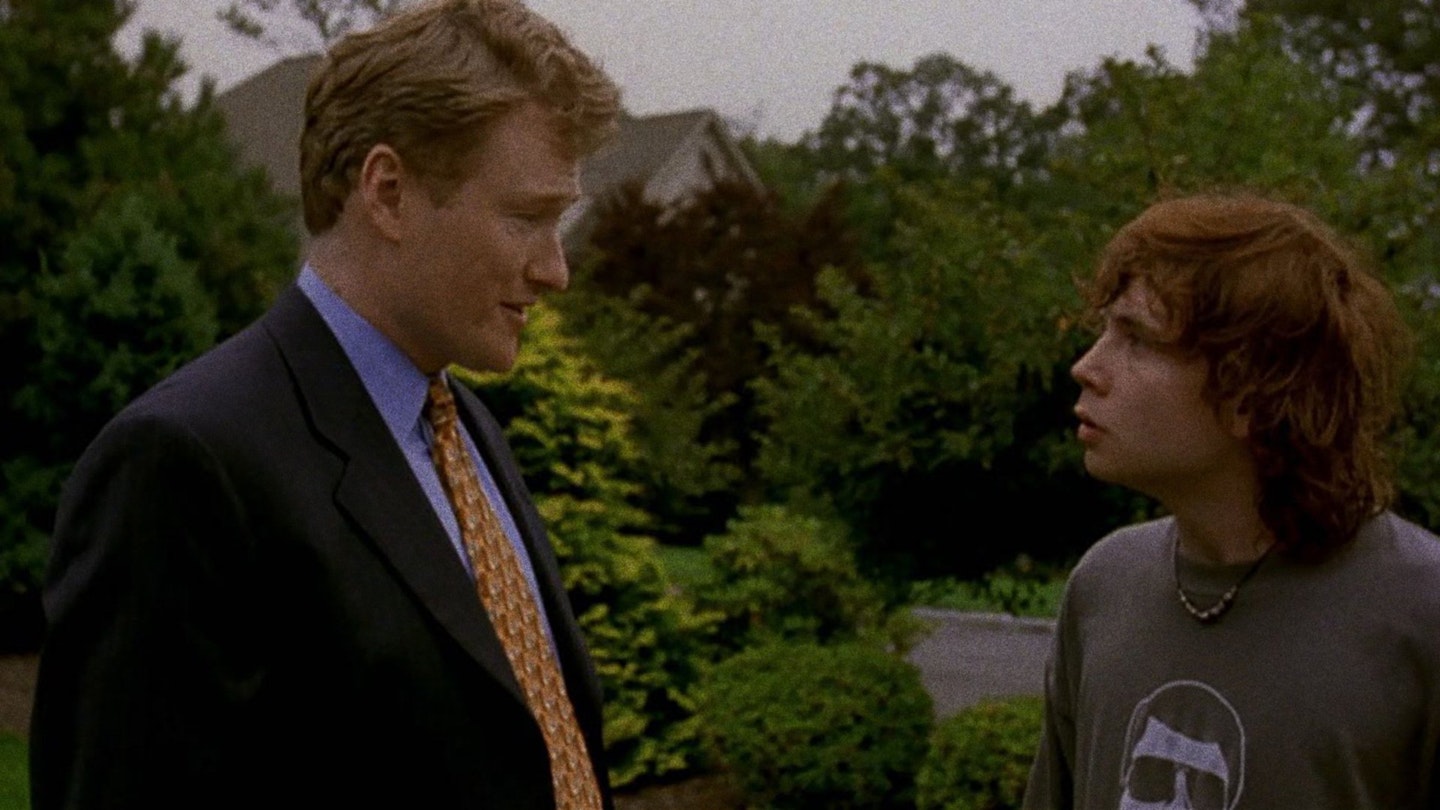Despite his reputation as one of the most unflinching voices in American independent cinema, Todd Solondz seems a bit defensive here.
Picking up on comments he no doubt faced after making Welcome To The Dollhouse and Happiness, the director pre-empts criticisms that might come his way in the future by including them in his new films dialogue. Its earnestness is a little embarrassing, says one student of anothers short story in the first section of the movie. Why do people have to write about such ugly characters? asks another.
Why indeed? Well, because thats the way to pole vault over politically correct barriers and get to the truth. Once again, Solondz fills the screen with geeks, freaks and misfits in order to strip away the glossy veneer that Hollywood routinely spreads over its portrayal of modern American life.
Its just that, by daring us to make the same complaints as his self-absorbed characters, the director is being a bit too clever-clever, and the film risks turning in on itself.
The real problem with Storytelling, however, is that it feels out of balance. Although the two parts complement each other thematically in Fiction, real events, passed off as a short story, are ridiculed as unrealistic; in Nonfiction, real events, passed off with the detached eye of documentary, are interpreted as comic entertainment they dont sit comfortably together on the same screen.
Solondz remains fearless, however, in his choice of subject matter. The sexual stereotype of the black man, the sexual life of a boy with cerebal palsy, the sheer vacuity of talentless wannabes who want fame for the fan mail and restaurant bookings no-one gets off lightly, audience included.
